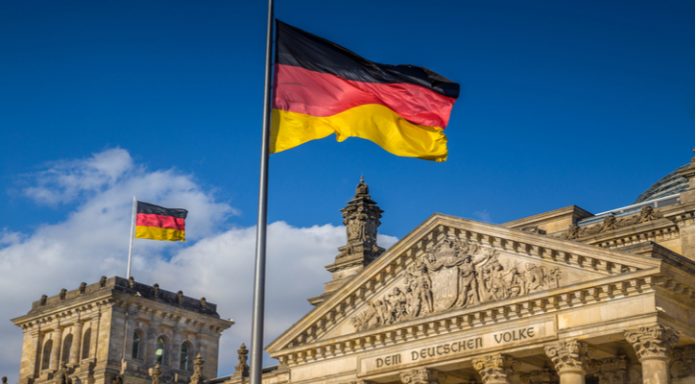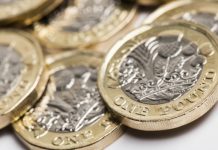- Pound (GBP) falls after two days of gains
- BoE Governor Andrew Bailey to speak
- Euro (EUR) rises ahead of German inflation
- Spain & France’s inflation rise
The Pound Euro (GBP/EUR) exchange rate is falling snapping a two-day winning run. The pair rose 0.07% in the previous session, settling on Tuesday at €1.1377, after trading in a range between €1.1348 – €1.1423. At 05:45 UTC, GBP/EUR trades -0.07% at €1.1368.
The pound charged higher again yesterday, boosted by optimism surrounding the new Northern Ireland post-Brexit trade deal. Prime Minister Rishi Sunak was in Northern Ireland to sell his new deal, a measure he believes will finally break the political deadlock in the region.
The pound also found support from hawkish Bank of England comments after board member Catherine Mann hinted at the need for further rate hikes. Her comments come ahead of a speech by BoE Governor Andrew Bailey due later today. Any signs of policy tightening could drive the pound higher.
In addition to BoE chatter, investors will look toward the release of manufacturing PMI data which is expected to confirm that the sector contracted at a slower pace in February at 49.2, up from 47 in January.
The euro fell despite inflation soaring higher in France and Spain. Data showed that consumer prices in Spain unexpectedly rose two 6.1% and inflation in France rose to 7.2% year on year, a record level in the euro era.
The data suggests that inflation in the eurozone is proving to be stickier than initially expected and comes after core inflation in the eurozone unexpectedly rose in January to 5.3%.
Attention now turns to German inflation data, which is due later today, which is expected to show that inflation cooled in February to 8.5% year on year own from 8.7%. However, on a monthly basis, inflation is expected to rise 0.7% up from 0.5%.
Hot inflation piles pressure on the European central bank to raise interest rates aggressively to rain and inflation. The ECB is widely expected to hike rates by 50 basis points in the March meeting.





